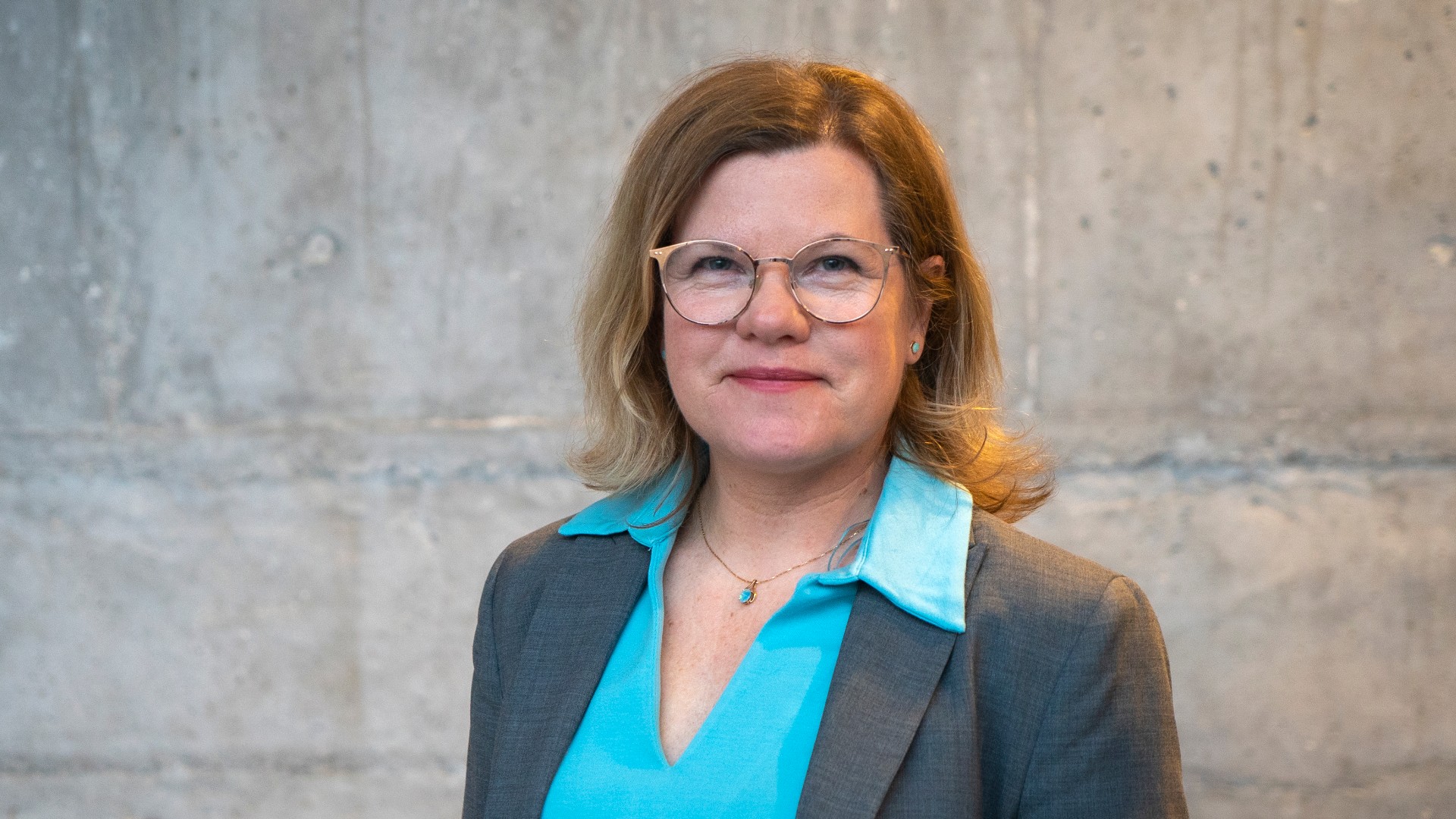
Sophie Isaksson Hallstedt håller sin installationsföreläsning för professor i Produktutveckling, vid avdelningen för Produktutveckling, institutionen för industri- och materialvetenskap.
Översikt
- Datum:Startar 5 april 2023, 09:00Slutar 5 april 2023, 10:00
- Tillgängliga platser:100
- Plats:
- Språk:Engelska
Professor Sophie I. Hallstedt kommer från Blekinge Tekniska Högskola (BTH) där hon först initierade forskningsområdet Hållbar Produktutveckling. Syftet med hennes forskning är att öka produktutvecklares förmåga att göra strategiska val och bidra till ett mer proaktivt företag kring hållbarhetsaspekter och göra affärsmässiga fördelar av det. Flera metoder och tillvägagångssätt har kommit ut från hennes forskning som till exempel förbättrar förmågan att mäta:
i) mognadsnivå för hållbarhetsimplementering;
ii) hållbarhetspåverkan av olika lösningar, och sedan;
iii) kvantifiera och visualisera utvecklingen av hållbarhetsimplementeringen.
Sophie har även initierat och utvecklat kurser och Masterprogram vid BTH, har haft rollen som programansvarig och avdelningschef vid BTH.
Sophie kommer tillhöra gruppen Systems Engineering Design, Produktutveckling, där hon bl.a. i ett Genieprojekt kommer att arbeta med att utveckla forskningen inom hållbar produktutveckling på Chalmers. Dessutom kommer hon att förbereda ett initiativ med fordonsindustrin för produktutvecklingsmetoder och arbetssätt för att möta EU’s ambition med Green Deal samt driva flera projektansökningar under våren i samarbete med BTH.
Titel på föredraget: Sustainable Product Development – accelerating society's sustainability transformation
Abstract (engelska):
Product development companies play a key role in society's transition to sustainability. At the same time, sustainability is also increasingly important for the company's competitiveness, for example due to changing customer preferences and increased emission costs. Companies need to strategically consider both ecological and social aspects alongside economic aspects in the development process of new products and services.
The lecture will summarize insights from research conducted within two decades in the field of Sustainable Product Development. Examples from real industrial cases that have contributed to increased capabilities in manufacturing companies, to develop value-created sustainable life-cycle solutions will be presented. The research builds on a foundation for Sustainable Product Development and discusses what characteristics a decision-support method or approach should have to give guidance towards more sustainable solutions to avoid sub-optimizations, and not result in companies run into blind alleys. In addition, eight identified key factors to successfully integrate and implement a strategic sustainability perspective in the early stages of product development are discussed, in relation to the future necessary changes needed for a sustainability transition of product development companies.
The lecture will also present specific research results with focus on how to define a Sustainability Design Space with leading sustainability criteria to be used in anticipating the sustainability direction in early design. The lecture is rounded off with an outlook towards some future research themes, such as the need to define, measure and manage sustainability information and data in the product development to meet the upcoming EU legislation.